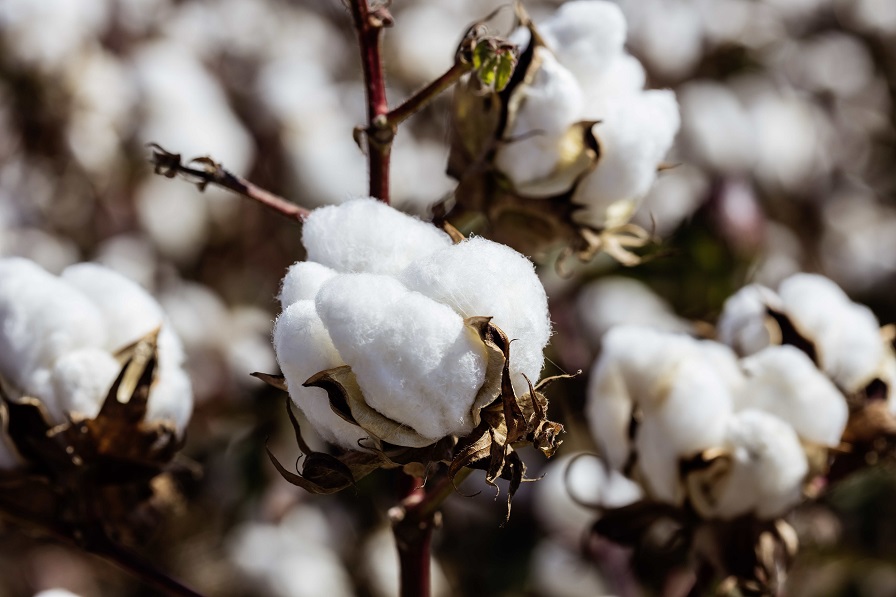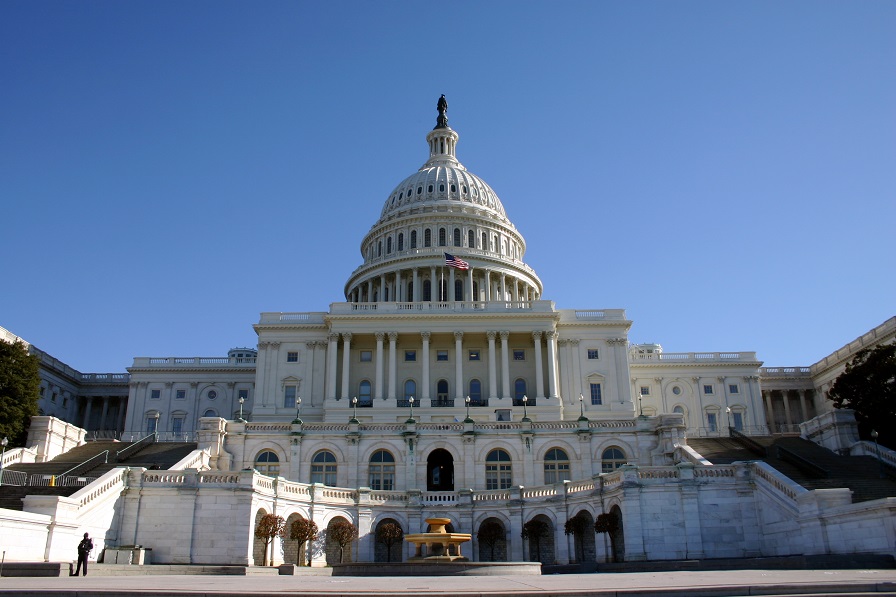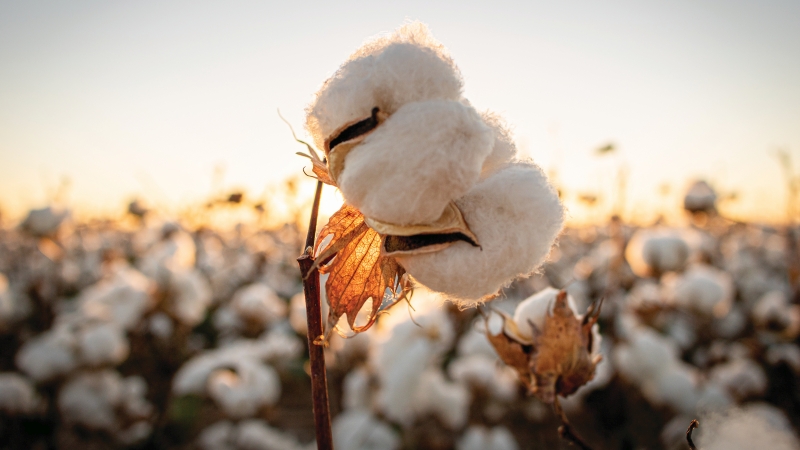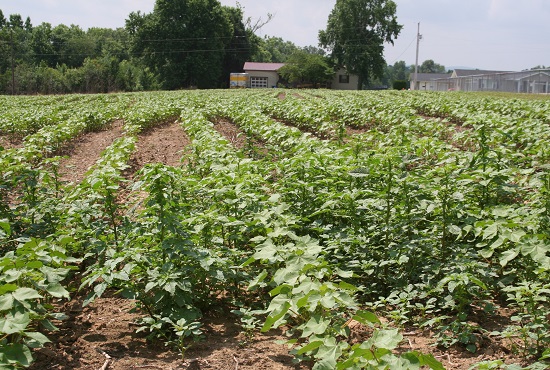Record Prices Stagger Pakistani Cotton Mills
Bloomberg
Madelene Pearson
Cotton mills in Pakistan, the world’s biggest yarn producer, are in “dire straits” as record local prices increase costs and as exports remain capped, according to FCStone Group LLC.
Prices rose to an all-time high of 6,900 rupees ($82) for 37.32 kilograms (82.3 pounds), according to the Karachi Cotton Association. At least 64 of almost 90 types of yarns tracked by FCStone reached records last week, the U.S.-based commodity adviser and trader said in a report.
Cotton prices in Pakistan have rallied because of tight supplies globally, a weak local currency and a ban on shipments by India, the second-biggest exporter, FCStone said. Pakistan asked mills to restrict overseas sales of yarn from March to increase supply to domestic textile makers, according to the All-Pakistan Textile Mills Association.
“With the government’s caps on yarn exports and higher prices firmly entrenched, the industry is in dire straits,” FCStone said. “We are concerned that without some quick relief or reversal of policy soon, the confluence of these issues at the same time will be difficult for much of the industry to overcome.”
India halted exports last month to cool local prices and said contracts registered for shipment before April 19 need to be revalidated. Pakistan is the third-largest buyer of Indian cotton, according to FCStone.
“While the announced suspension may have worked to ease prices in India, prices across the border in Pakistan have soared as imported supplies have begun to dwindle,” according to the researcher.
Pakistani mills had placed orders for 200,000 bales from India, which have been suspended after the ban, said Naseem Usman, chairman of the Karachi Cotton Brokers Forum. Mills have bought 750,000 bales from India since August.
(Story found in original format here.)








